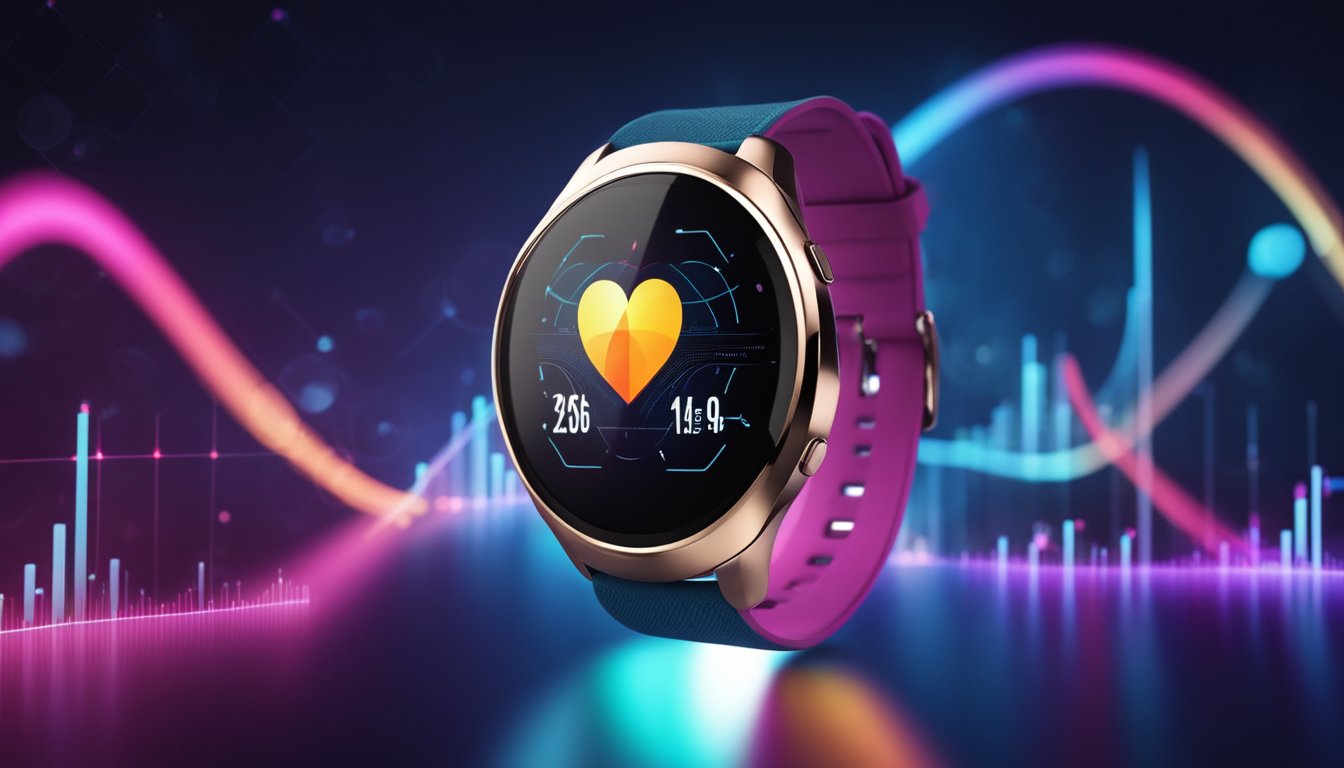
The era of overwhelming paperwork and frequent doctor visits for managing chronic health conditions is swiftly becoming a thing of the past.
Thanks to rapid technological advancements, healthcare management is undergoing a significant transformation.
Today, a broad spectrum of innovative devices, ranging from smartwatches to sophisticated mobile glucose monitors, is reshaping how both patients and healthcare providers gather and use health information.
The Evolution of Wearable Health Technology
The wearable health devices of today are far removed from the basic pedometers of yesteryear.
These modern gadgets come equipped with state-of-the-art sensors and sophisticated algorithms that can monitor vital health metrics, detect irregularities, and even forecast potential health emergencies before they arise.
Such advancements are invaluable for individuals dealing with chronic conditions like diabetes, heart disease, and respiratory issues.
It’s crucial to recognize that while wearable devices have revolutionized chronic disease management, they serve as supportive allies rather than replacements for healthcare professionals like doctors and nurses.
These technologies enhance the quality of care and empower informed decision-making between patients and providers.
Continuous Monitoring: A New Era of Patient Care
One of the standout features of wearable health technology is its ability to facilitate continuous health monitoring, offering real-time insights into a patient’s vital statistics.
For those managing chronic conditions, the advantages are considerable:
- Rapid Identification of Health Changes: Wearables can instantly alert patients and their healthcare teams about concerning changes in vital signs.
For instance, individuals with heart issues can monitor their heart rhythms, swiftly addressing any irregularities that arise.
- Empowerment through Self-Management: These devices foster active involvement in health management.
By providing immediate feedback on elements such as physical activity and sleep quality, wearables enable users to make informed choices about their daily activities and lifestyle.
- Improved Communication with Healthcare Providers: The continuous flow of data collected from wearables creates a detailed health profile that healthcare providers can use for well-informed treatment decisions.
This ongoing dialogue not only enriches clinical appointments but also aids in identifying trends that can enhance treatment strategies.
Looking Ahead: The Future of Wearable Health Technology
The field of wearable health technology is moving forward at an astonishing pace, with exciting innovations on the horizon, such as:
- Smart clothing embedded with sensors for comprehensive health monitoring
- Advanced algorithms capable of predicting health events before they occur
- Integration with AI to deliver personalized health insights
- Longer-lasting battery life and user-friendly designs for greater comfort.
Despite the numerous advantages of wearable health technology, there are challenges to consider:
- Protecting data privacy and security
- The need for regular maintenance and calibration of devices
- Ensuring accuracy and reliability in readings
- Overcoming cost and accessibility hurdles for some patients
- Providing adequate training for both patients and healthcare providers to optimize device effectiveness.
As the healthcare landscape evolves, wearable technology is set to play an increasingly critical role in managing chronic diseases.
However, these devices are most effective when integrated into a holistic care strategy designed by qualified healthcare professionals.
The combination of innovative technology and expert medical support creates a powerful framework aimed at enhancing patient outcomes and improving quality of life.
With continuous advancements in both technology and health education, the future for individuals living with chronic conditions looks exceptionally promising.
This evolution brings renewed hope and inspiration to millions across the globe.
Source: Art of Healthy Living

